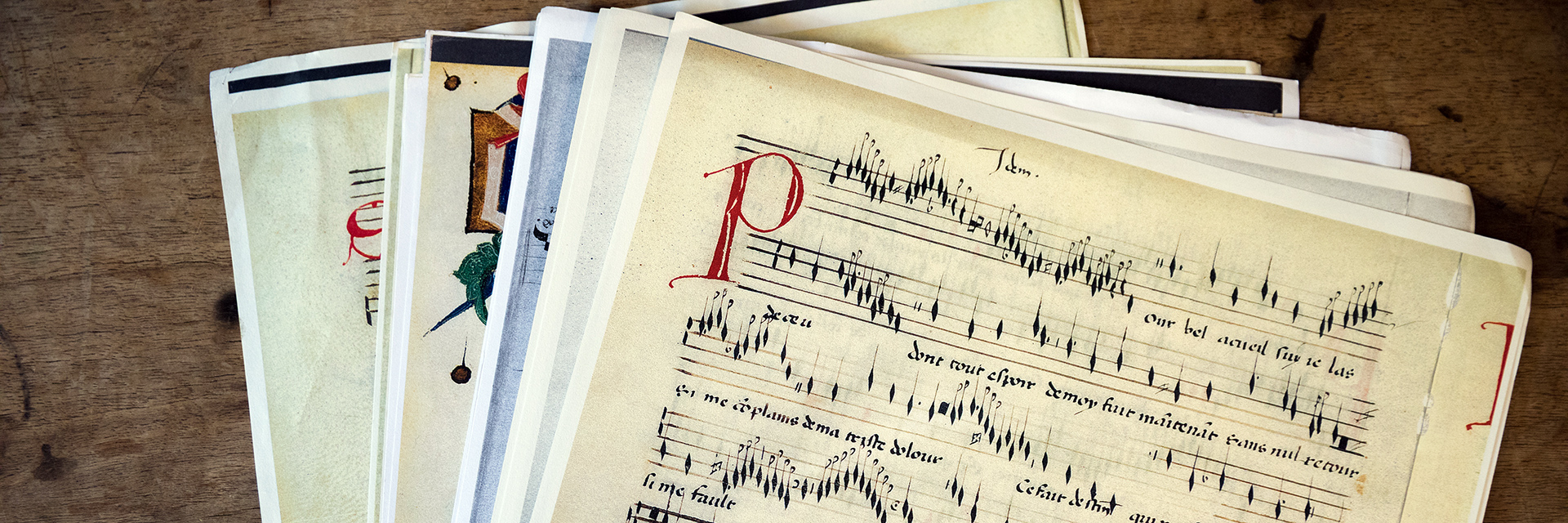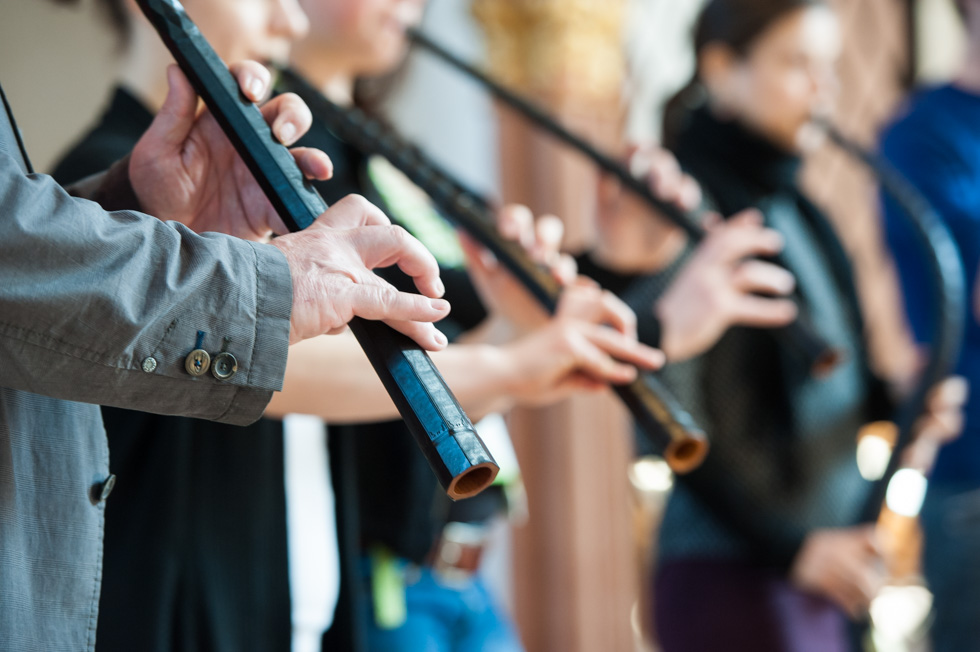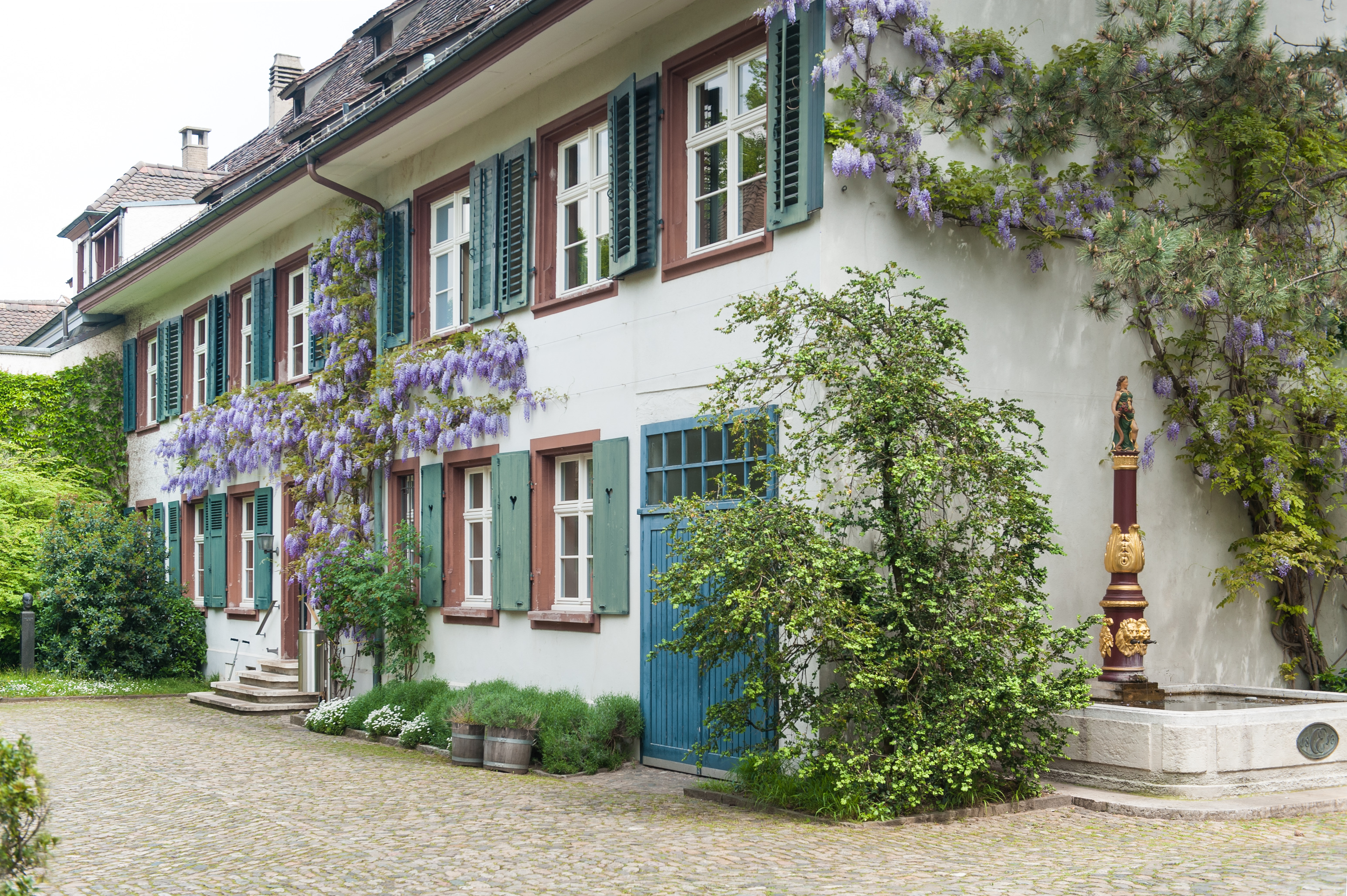Master of Arts in Composition / Music Theory - Early Music Theory
Key data
- Degree
- Master of Arts FHNW in Komposition und Musiktheorie - Studienrichtung Theorie der Alten Musik
- ECTS points
- 120
- Study start
- in autumn
- Duration
- 4 Semester
- Teaching language
- Deutsch (level B2 is required)
- Place
- Campus Musik-Akademie Basel
- Application fee
- 200 CHF
- Semester fee
- 750 CHF for Swiss citizens and foreigners with legal place of residence in Switzerland | 1000 CHF for students from EU-/EFTA-countries | 1250 CHF for students from third countries
Mobile navi goes here!
Studying under the pioneers of historically informed music theory
In the 1970s the Schola Cantorum Basiliensis began developing a programme in the theory of Early Music which takes account of not only the particular conditions under which musical “works of art” were created but also the bearing that musical practice had on this process. This approach, based on historically informed and open engagement with Early Music scores and traditional composition techniques, has also made a major contribution to the advancement of music theory beyond the Schola Cantorum Basiliensis. In recent years, Early Music Theory has been the driving force behind a fundamental shift in analytical and practical approaches to music in general.
Experimental engagement with historical ways of thinking and the experience with the compositional process bring the subject of historical performance practice to life in a vibrant and informed way. The study programme also focuses on the interaction between written and oral musical practice.
This Master’s programme covers a wide variety of focal points – from the earliest written evidence of polyphonic music in Europe right through to the 1850s. The curriculum also touches on areas of traditional music theory and provides the foundations for an historically informed theory of later music. Key subjects include historical composition techniques, notation, thoroughbass, improvisation and Contrapunto alla mente (improvised counterpoint). These are supplemented with other courses offered by the Musicology Institute of Basel University. The programme also places particular emphasis on students’ teaching abilities, and the capacity to write and speak on the subject in a clear and competent way.
No social media links available.



